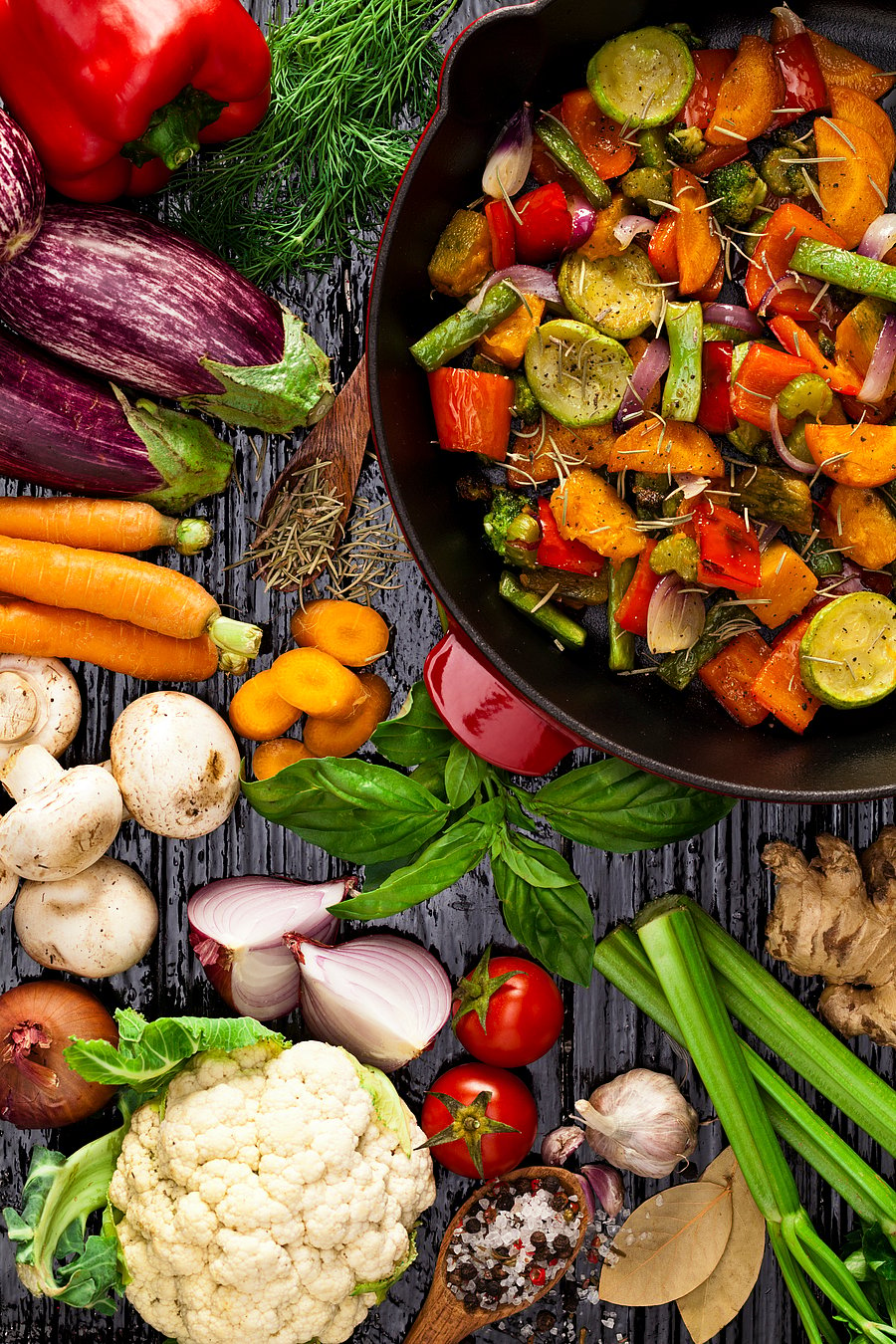
Having my daughter home for the summer means more cooking for the family and an exciting variety of cuisines. Last weekend, she took the lead and prepared lunch, a tangy sauce made by slow-roasting onions, garlic, and tomatoes. She paired it with al dente penne and added a heap of chopped baby spinach and parsley. At first glance, this might seem like a recipe straight out of an Instagram reel by an Italian home cook, the kind college students often rely on.
However, we took it a step further by making it our own with local ingredients. We used naati tomatoes, homegrown cherry tomatoes, pasta made from masoor dal and kabuli chana, and fresh palak from the nearby market. This wasn’t a family recipe, but one we found online and personalised with local produce. This made me reflect on the growing disconnect our children have with their roots. This detachment stems from homogenised café menus, fast food chains offering generic pan-Asian fare, and the widening gap between the table and the farm. If we’re not careful, we could lose centuries of culinary knowledge. Yet, there are small victories that show this isn’t just about passing down old recipes — it’s about viewing food through a modern, sustainable lens.
This isn’t nostalgia; it’s a step towards sustainability, impacting nutrition, wellness, environmental health, social equity, and economic resilience. At its core, culinary knowledge extends beyond recipes. It includes an understanding of ingredients, farming practices, seasonal availability, food preservation, and the cultural significance of meals. Traditional culinary practices often emphasise using local produce, wild edibles, and backyard gardening. Additionally, food teaches us how to manage health challenges from seasonal changes, pollution, and other factors. Rituals like pickling, salting, curing, and preparing papads align with the seasons, marking milestones in our culinary journey. Beyond environmental impact, preserving culinary knowledge strengthens social sustainability. Food is a powerful tool for cultural identity and community-building. Shared recipes and mealtime traditions unite families, fostering intergenerational dialogue and passing on values. When this knowledge fades, so does a significant part of our cultural heritage, weakening social bonds. Traditional food preparation has always been communal, encouraging collaboration and shared responsibility. Activities like community harvests and potluck meals build social capital.
Economically, preserving culinary knowledge supports local economies. By relying on local food systems and traditions, money stays within the community, supporting small farmers, artisans, and businesses. This contrasts with globalised food systems that funnel profits to large corporations. Traditional food preservation methods, such as fermentation and drying, also reduce food waste, extending shelf life and opening opportunities for small-scale enterprises.
What can we do individually?
Start community cooking clubs and seed banks for heirloom vegetables and fruits.
Document family recipes through cookbooks, newsletters, or shareable social media posts to preserve traditions.
Host family cookouts where children help with shopping, prepping, and cooking.
Organise school potlucks to encourage appreciation for culinary diversity and different flavours.
Create a cookbook club to explore various cuisines and traditional recipes.
Preserving culinary knowledge is about more than cultural conservation; it’s a commitment to a sustainable food future. It reshapes our relationship with food, helping us recognise that food isn’t just sustenance — it’s a sacred resource full of cultural and ecological wisdom.
(Ranjini is a communications professor, author, and podcaster, straddling many other worlds, in Bengaluru. She’s passionate about urban farming and sustainable living, and can mostly be found cooking and baking in her little kitchen, where, surrounded by heirloom coffee kettles and mismatched tea cups, she finds her chi.)